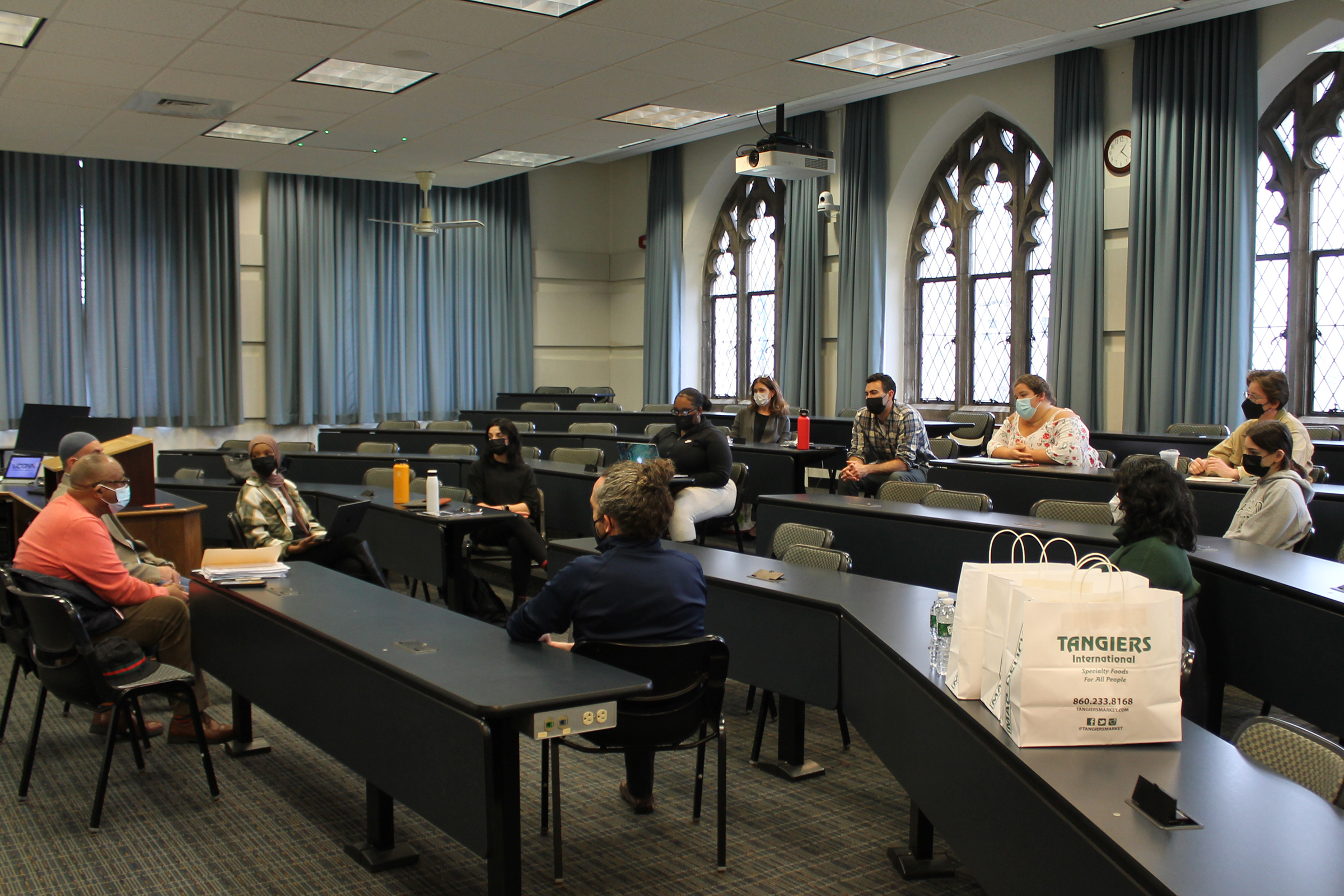Felony murder laws—which hold people criminal culpable for deaths they did not directly cause—have long been controversial. Supporters say that such laws are an important tool for deterring risky criminal conduct. Detractors maintain, by contrast, that felony murder laws enable grossly disproportionate punishment. What has largely eluded the debate so far is empirical evidence: how do prosecutors use felony murder laws on the ground? What patterns do we see, in aggregate, in the charging and conviction of felony murder by contrast to other crimes? This project uses Connecticut’s prison population — the roughly 175 people currently serving time for felony murder — as a window into these questions.
Author: Leblanc, Jeanne
Opposing Mandatory Pre-Trial Detention in Connecticut
Supporting Fair Commutation Policy in Connecticut
School Safety
School Resource Officers (SROs), sworn police stationed in schools, are now commonplace. But does their presence actually increase school safety? Dispute the widespread use of SROs, many believe that the answer is “no,” and that SROs spend much of their time and energy responding to minor disciplinary issues. We seek to test this hypothesis empirically. Through an inter-district study, focused especially on districts that have seen success without SROs, we will examine how how different actors—school administrators, teachers, parents—conceptualize “safety,” and the alternatives that exist for securing that ideal.
Learn more about our JEDI award to study this question.
Policing and Risk Management
Police departments, like most professions, need insurance. One of the most important aspects of insurance is risk management. We seek, accordingly, to understand the connection between risk management and policing as a whole. There seems to be a natural incentive for insurers of police departments to mitigate their exposure to risk by analyzing ways to reduce police misconduct. Liability insurance is one mechanism for this, but there are other mechanisms—and specific actors—in play, including municipal risk pools as well as internal supervision and compliance structures. We seek to pinpoint the barriers that prevent risk pools and private insurers from placing a greater emphasis on police misconduct in their management of risk.


